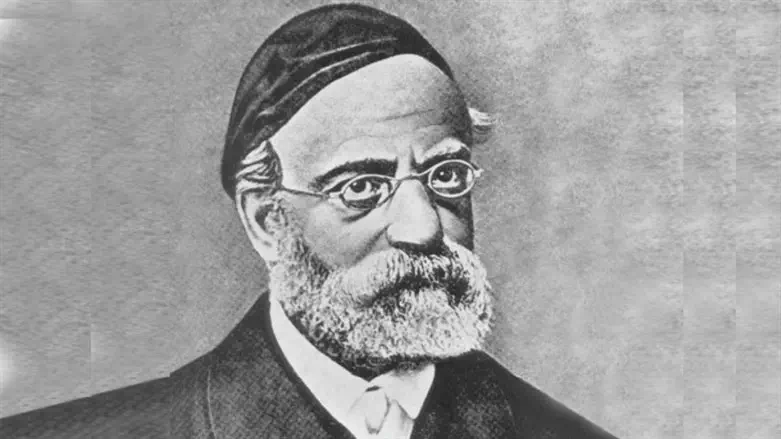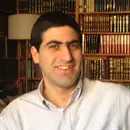
Anti-Semites, historically, have accused Jews of being “clannish.” We stay aloof from others and only care about ourselves, they say. “The main, most serious, and most recurrent charge by [Greek and Roman] intellectuals against Jews is that they hate Gentiles,” writes Louis Feldman in his Jew and Gentile in the Ancient World.
Rabbi Eliyahu Benamozegh, a 19th century Italian rabbi, rejects this characterization, arguing that Jews actually exist for the sake of gentiles. G-d assigned us to be a “kingdom of priests” (a mamleches kohanim), and what “are the priests…without the laymen?” he asks. In order words, if our mission is to be a light unto the nations, we are only a means to an end.
I don’t know if Rav Samson Raphael Hirsch would agree with this assessment, but in this week’s parshah, he too addresses the classic anti-Semitic “clannish” charge by noting that the Jewish people’s very first duty upon entering the Land of Israel was erecting stones with the words of the Torah inscribed upon them. But these words weren’t just in Hebrew. According to the Gemara, they were also in foreign languages so that non-Jewish nations could read them as well.
Thus, Rav Hirsch writes, “far from the exclusiveness which is so falsely ascribed to us, Israel was from the very beginning [made] to understand its mission for the spiritual and moral salvation of the whole of mankind.”
The Shulchan Aruch contains many social and dietary laws that forbid prevent complete integration between Jews and non-Jews, but these laws are built on love – not hatred – of our non-Jewish neighbors. For only by preserving the Divine treasure in our midst – which involves a measure of isolation – can we properly share it with others.
Rav Samson Raphael Hirsch (1808-1888) – head of the Jewish community in Frankfurt, Germany for over 35 years – was a prolific writer whose ideas, passion, and brilliance helped save German Jewry from the onslaught of modernity.
Elliot Resnick, PhD, is the host of “The Elliot Resnick Show” and the editor of an upcoming work on etymological explanations in Rav Samson Raphael Hirsch’s commentary on Chumash.
